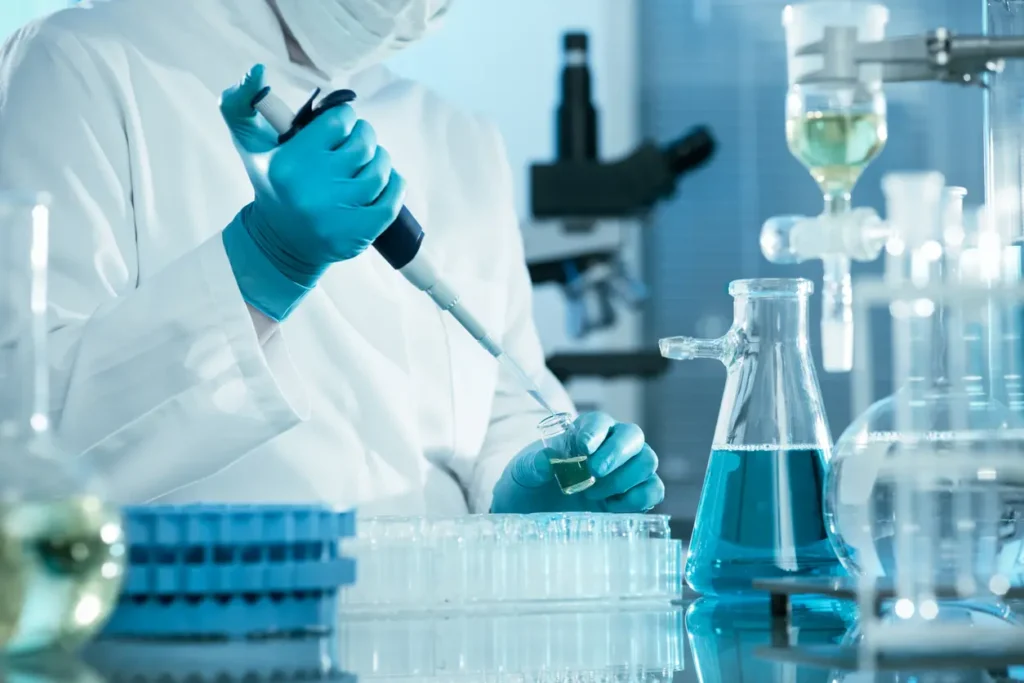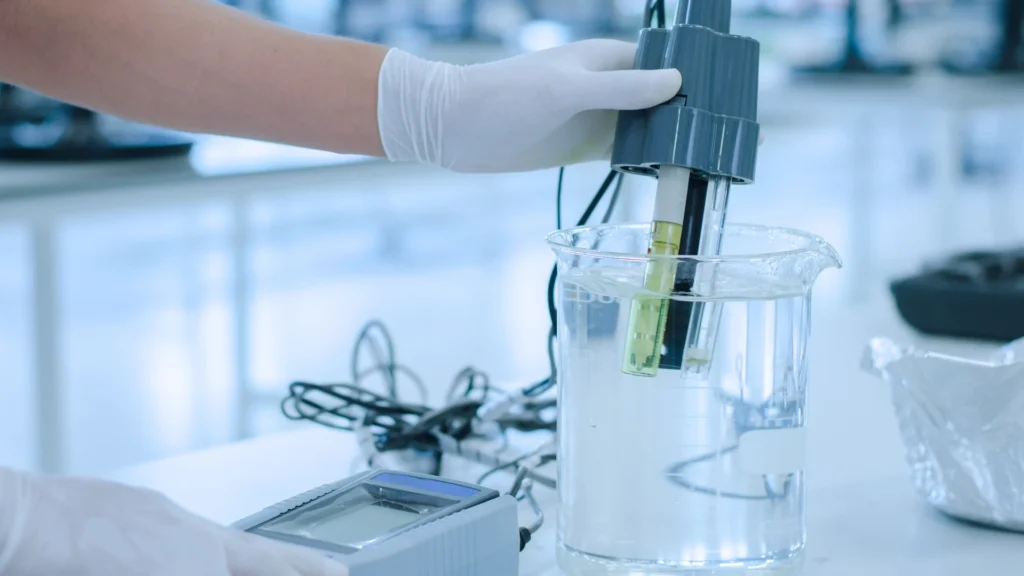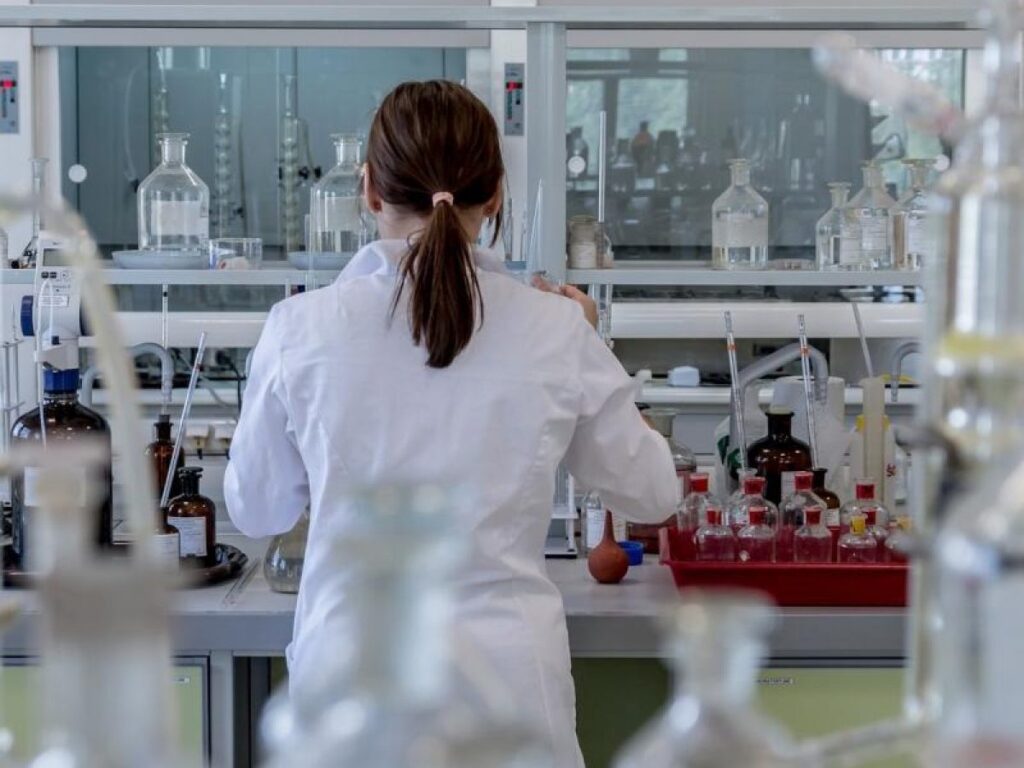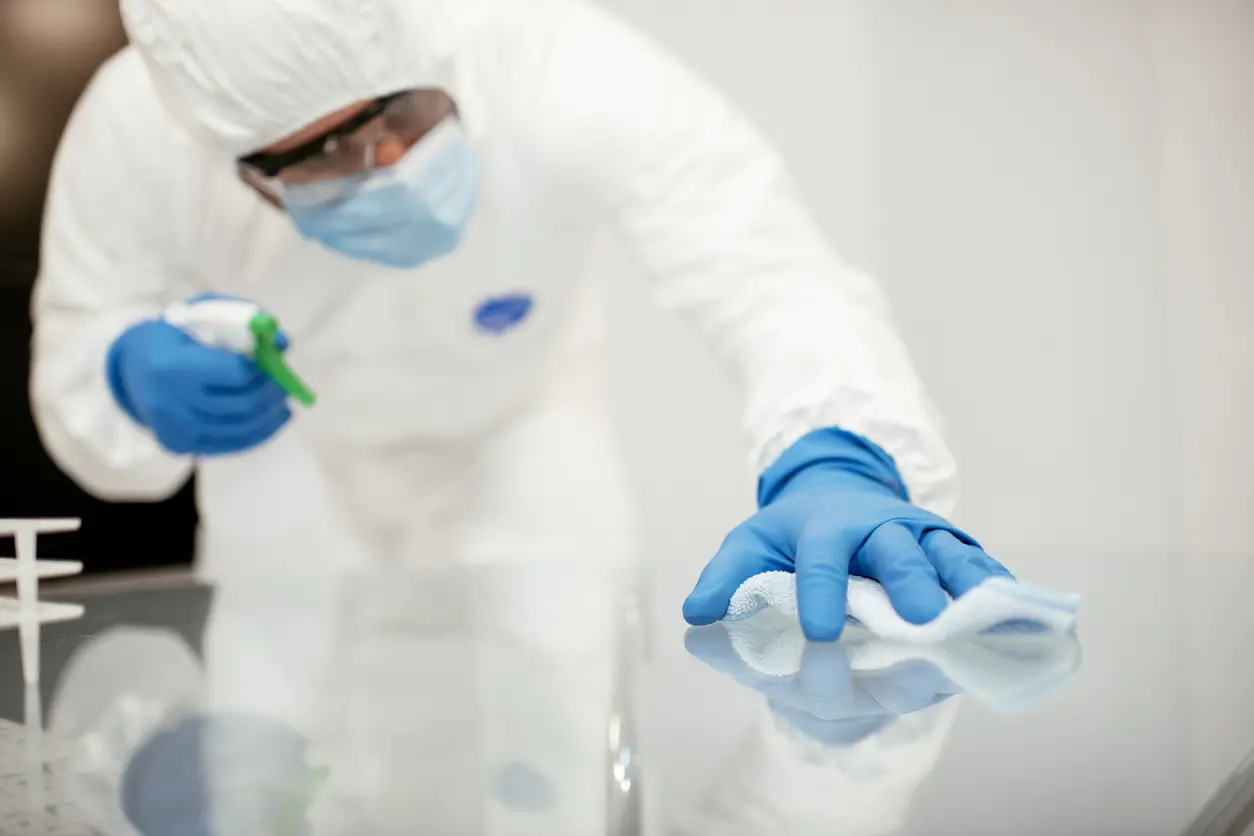Laboratory equipment is at the center of scientific research and needs proper maintenance. Routine quality control (QC) ensures that your experiments are efficient and devoid of malfunctions. It also helps you avoid costly repairs.
As a laboratory technician, you should always check the reproducibility of liquid handling, indicate any change in performance, and check the equipment’s accuracy. You can use the following top six tips to guide you.
1. Read the user guide

Special laboratory equipment such as ICP MS Cones comes with a user guide to help you understand how to use them. In some cases, the equipment may lack a manual, but you can get it from the internet. It helps to read the manual carefully and will help you get the correct results of your experiment and reduce damage from mishandling. Besides that, it will also help you troubleshoot should you encounter a problem during your experiments.
2. Get adequate training
In the case of a complicated laboratory machine, it would be best to get training before you start using it. You can call the manufacturers to come to your laboratory to offer face-to-face training for you and your team or use online resources. Whichever way works best for you, training is essential. It will give you and your team knowledge of handling the equipment without damaging or tampering with its functionality.
3. Calibrate

There are two measurements in scientific research—the machine measurement and the standard unit. Consistent deviation signals inaccurate data readings. To avoid this, you can perform regular maintenance by using, for example, water in a pipet. However, hiring a professional to calibrate the laboratory equipment every three months would be best. You will increase data accuracy by doing so.
4. Refurbish and repair by professionals
Besides calibration, it’s also essential to professionally refurbish and repair the equipment. This is because of the wear and tear that finally affects the machines despite regular cleaning. It would be best to stop using equipment when you notice a fault in its results. Failure to take the necessary caution may lead to laboratory accidents, inaccurate data, and ruined experiments. Taking apart the machine and replacing the worn-out parts will increase the machine’s life span and save you money in return.
5. Document the equipment usage

Sometimes a laboratory may have many scientists working on a project. You will have to share some of the equipment with your team members in such a case. It will help instruct the members to document usage and anything unusual that the staff may experience when using it. Doing so will help you realize when the machine began malfunctioning. It will also help you budget for a new one if the problem persists despite repair.
6. Clean regularly
In a laboratory, you will mainly analyze different samples. This calls for thorough and regular cleaning of equipment like ICP MS Cones to avoid cross-contamination. You should clean such equipment after every use before storing it. It would be best to use the manufacturer’s guide to help you if you are uncertain how to do it.
Scientific data is essential in many aspects of life. That is why the data needs accuracy, and the result is on time. For those reasons, you need to maintain the equipment and ensure proper functionality at all times. Use the tips in this guide for the best results with your laboratory equipment.

